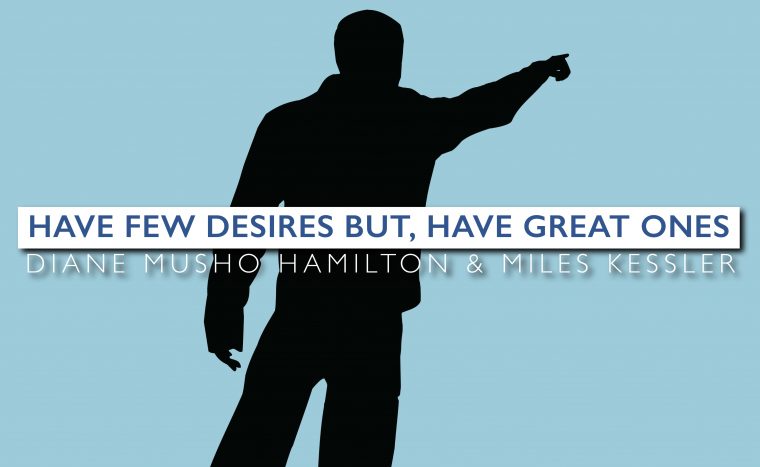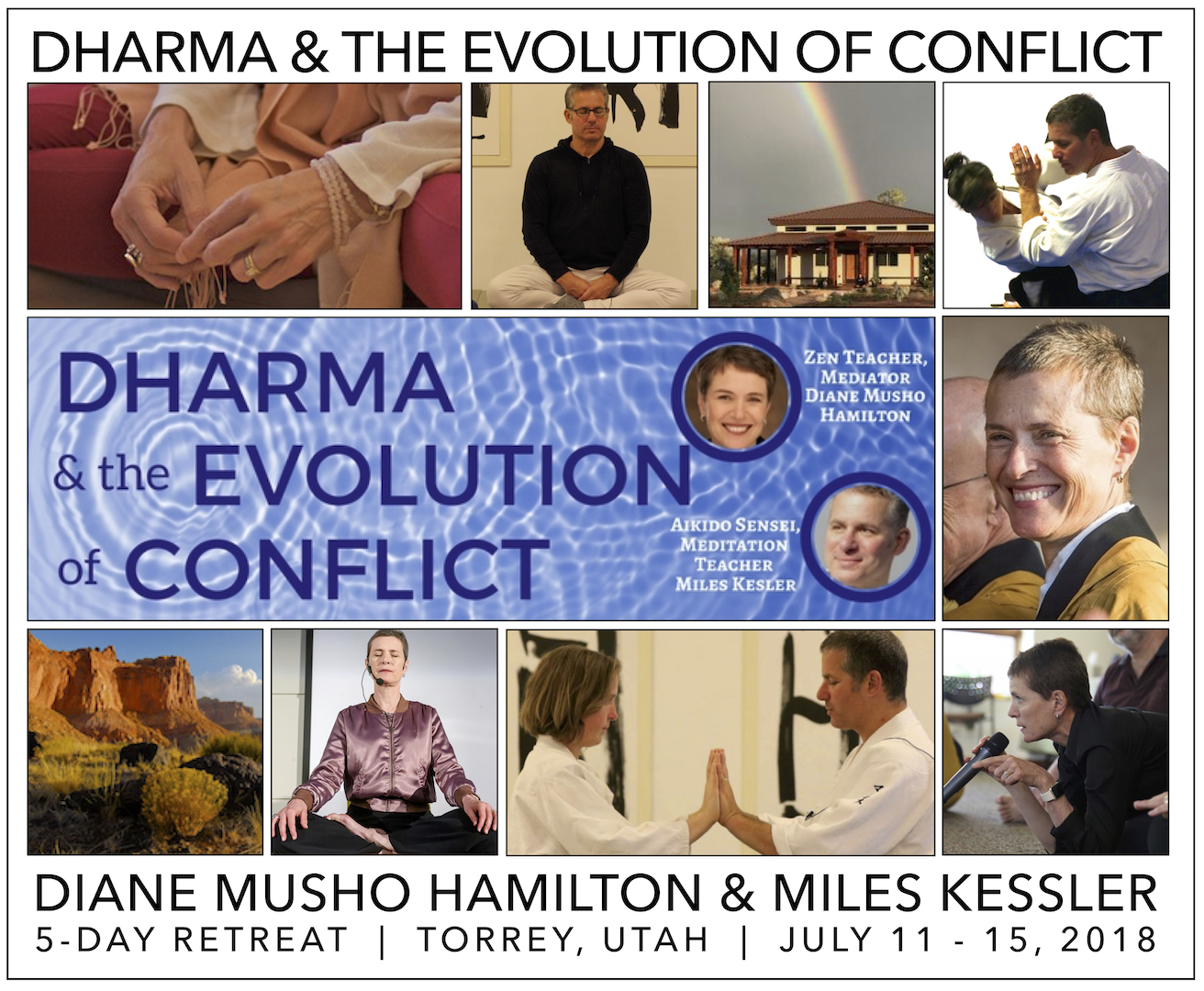How intentional are you about your practice and what do you ultimately hope to gain? Do you even consider your desired outcome? In this “Dharma Bite” with Zen teacher and author Diane Musho Hamilton, we discuss how meditation gradually brings you into a greater sense of simplicity in your life. But part of gaining this simplicity is understanding what it means to have few desires, but have great ones.

In our previous discussions in this series, Diane and I have spoken about the skill of taking multiple perspectives. We looked at how this skill gives you a more complex and nuanced view of the world. How from this perspective you see the world as a highly complex, interconnected system of which you are a living part of the greater whole.
But there is another type of development which rather than seeing more complexity, will take you deeper into seeing more simplicity. This comes with the development into deeper states of consciousness gained through meditation and other types of internal awareness practices.
By developing deeper states of consciousness, you will gradually begin to dissolve the boundaries of ego-identity. A gradual process which will relax the self/other dichotomy, and lead you into a greater sense of liberation and ease of being.
Have Few Desires, But Have Great Ones
From this “deeper state of consciousness” the perspective is not one of seeing more “complexity” in the world, but rather one of a greater sense of simplicity. Rather than seeing the world as a complex living system, you begin to see the world holistically, as a unified field of simplicity.
As Diane points out, one of the benefits of a perspective of simplicity is that your engagement in life becomes more clarified. As your life becomes more focused and intentional, you gain a greater discernment of what really matters and what doesn’t.
This state is succinctly captured in the quote from the Buddha; “Have few desires, but have great ones.”
Click below to watch this short “Dharma Bite” and join Diane and I in this discussion. I’d love to hear your thoughts on this topic so be sure to leave any comments or questions on the below video.
Enjoy!
Question: Is your practice leading you to gain more complexity or simplicity? And how do the two relate for you? Join the conversation by leaving your comments below!







Please note: I reserve the right to delete comments that are offensive or off-topic.